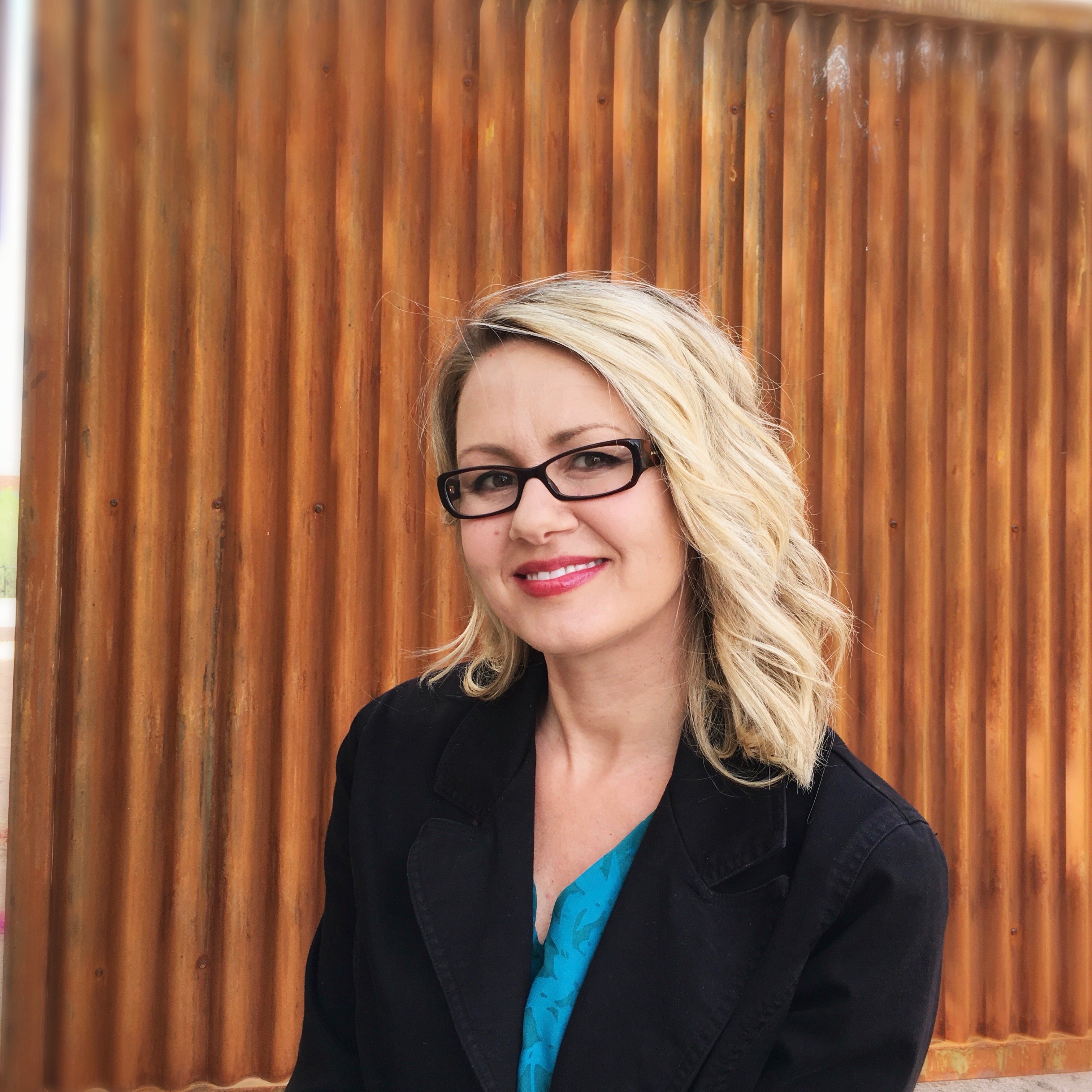East Valley Cities Keep Eye on Water, Climate Change in City Growth
The East Valley Tribune recently delved into several challenges that some East Valley cities may face in the near future and what they are doing to prepare. Town officials are discussing areas like water supply, redevelopment, affordable housing, and climate change, and they’re looking at possible solutions for problems that may arise over the coming decades.
Water supply is a major concern of desert dwellers, but city planners in Mesa, Tempe, Chandler, and Gilbert say they have developed “robust and diverse water portfolios,” per the Tribune. With additional water sources becoming more expensive, Eric Braun, Gilbert’s water resources manager, is looking at conservation as an alternative. He says, though, the town has complied with state law and can maintain the estimated water supply needed for the next 100 years.
As demand for housing increases yearly, cities may be forced to look to their older and established neighborhoods to expand; but this can create conflict with existing homeowners and affect home values. Chandler Chief Planner David de la Torre acknowledges the low-density neighborhoods could be redeveloped, but wants to assure residents that new developments would be “protecting the property values and are compatible with those areas.”
While East Valley cities work to maintain affordable housing through community resource programs, federal programs are also needed. With high-end condos and apartments taking up most of the residential construction, Mesa and Tempe have promoted several low-income housing projects. Meanwhile, Chandler is working to retain the affordability that already exists in some of its neighborhoods.
Rising temperatures also could impact future economic growth. A study this year by the journal “Science” said that if present climate trends continue, counties in Arizona could suffer 10 to 20 percent of their economic activity by the 2080s. However, the study didn’t account for future technology changes that could hinder high energy costs or societal changes that might positively reverse higher climates.

